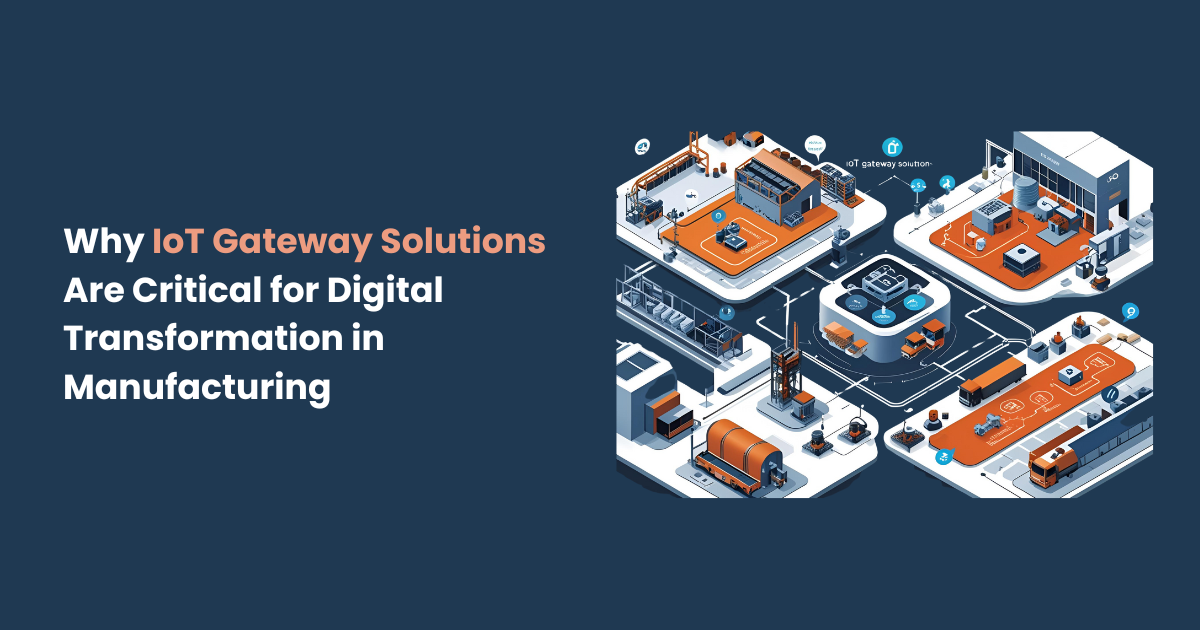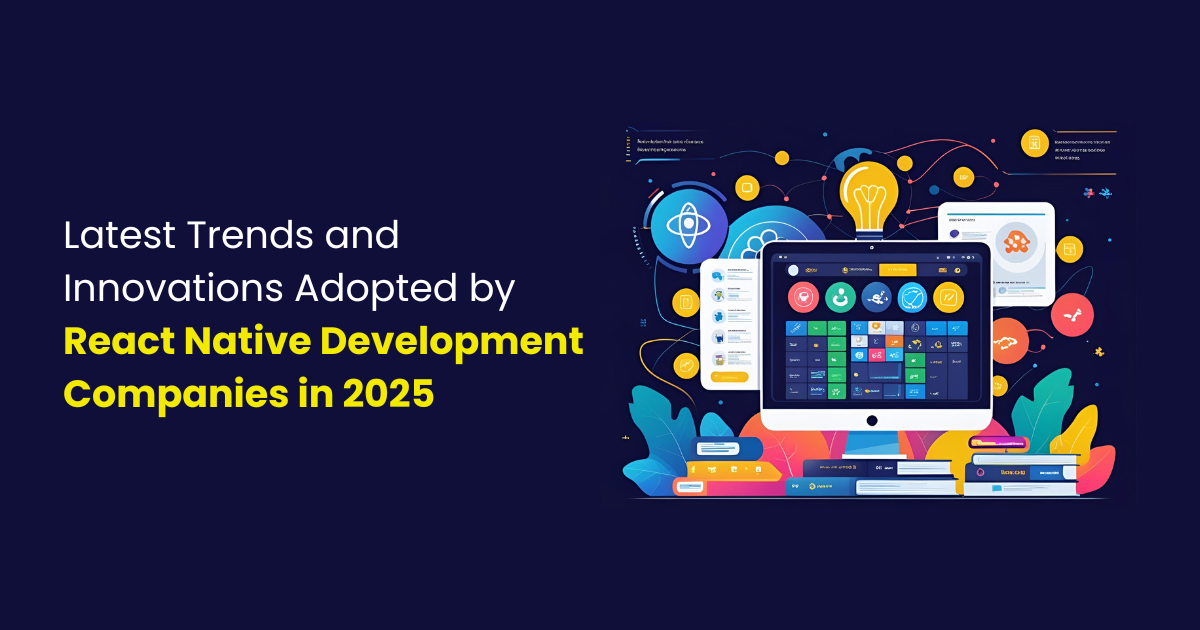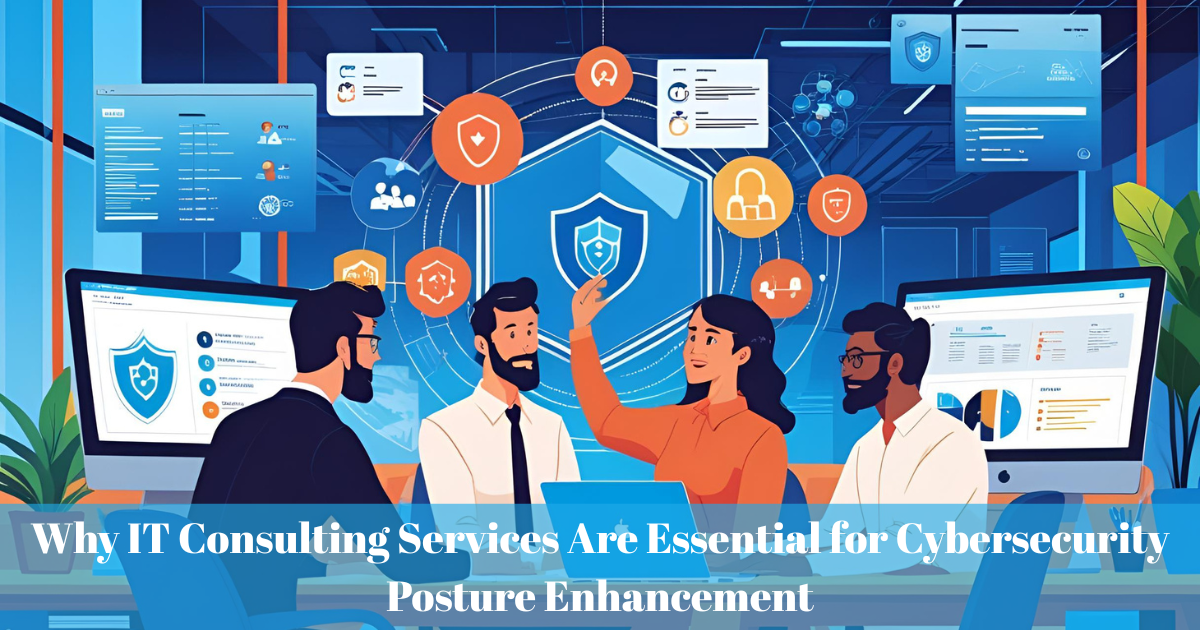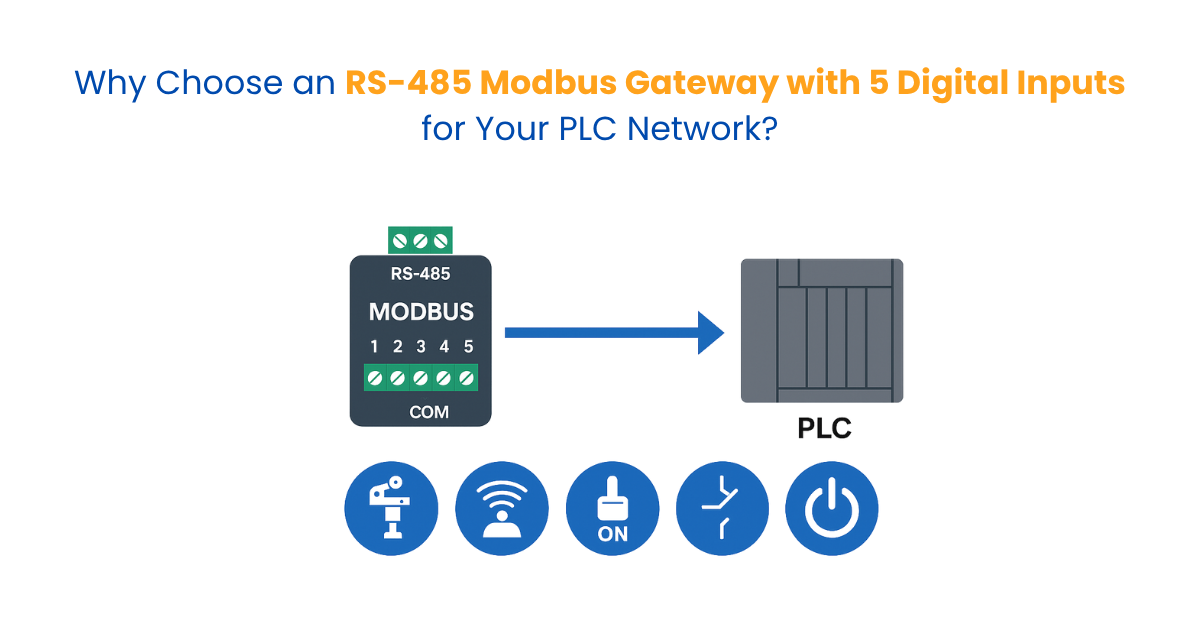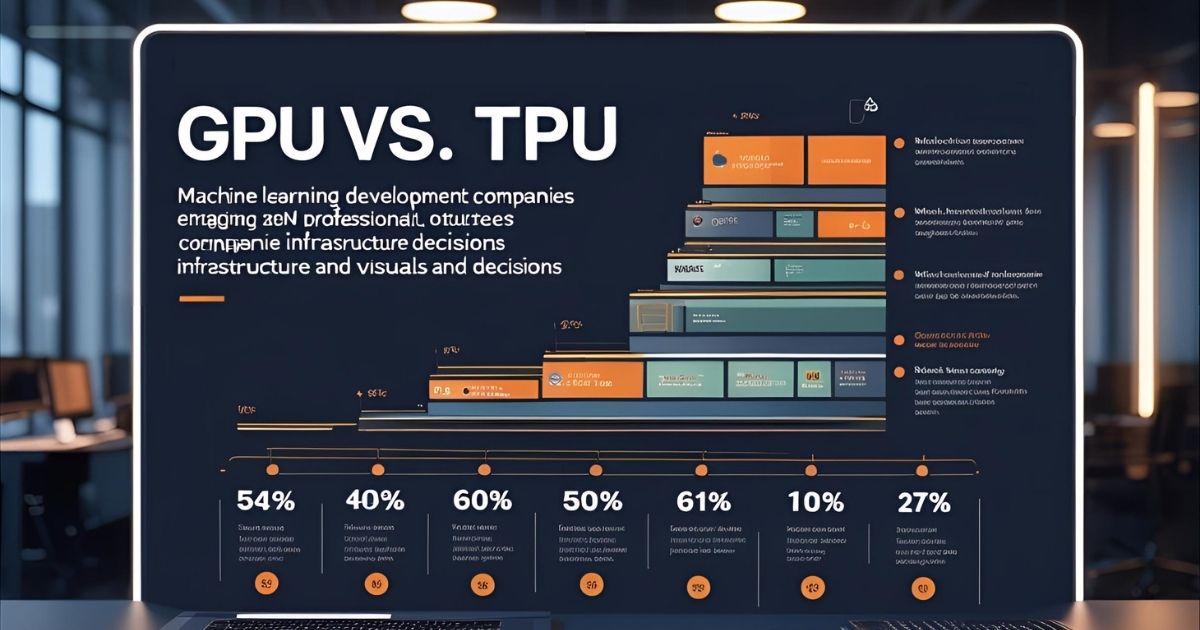The Future of Work: Hire RPA Developers to Lead the Automation Wave
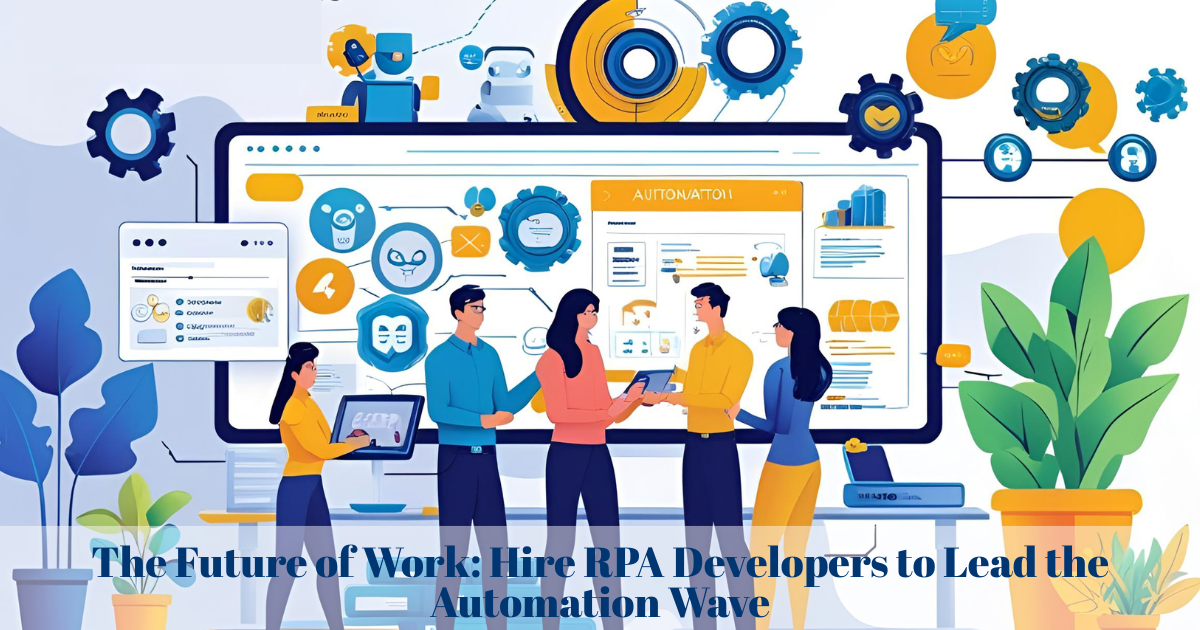
Work as we know it is being redefined by automation. From streamlining financial workflows to simplifying HR onboarding, intelligent bots are gradually replacing repetitive manual labor. Robotic Process Automation (RPA) stands at the forefront of this transformation.
To harness its full potential, organizations need more than just tools—they need talent. That’s why companies globally are making the smart decision to hire RPA developers who can create custom automation solutions, integrate legacy systems, and future-proof operations.
Understanding Robotic Process Automation (RPA)
Robotic Process Automation (RPA) is a technology that uses software bots to emulate human actions across digital systems. These bots can log into applications, move files, extract data, fill in forms, and execute rule-based tasks—without human intervention.
Key Characteristics of RPA:
- Non-invasive: Works on top of existing systems
- Scalable: Can be expanded across functions or departments
- Reliable: Operates 24/7 with minimal errors
- Auditable: Offers full logs and tracking for compliance
According to Deloitte, 78% of organizations worldwide have already started their RPA journey or plan to do so soon.
The Evolution of the Workplace
Over the last decade, the digital workplace has seen major shifts:
- Hybrid work and remote collaboration are now the norm
- Teams are managing increased workloads with leaner resources
- There’s a stronger focus on employee well-being and productivity
Manual tasks not only consume time but also sap energy from knowledge workers. Automation, led by RPA, empowers employees to focus on value-adding initiatives—like strategy, innovation, and customer engagement.
How RPA Is Transforming the Future of Work
RPA acts as a digital workforce assistant—handling repetitive chores so human employees can focus on what truly matters. This shift supports a more agile, efficient, and intelligent workplace.
Key Future Trends Powered by RPA:
- Hyperautomation: Integrating RPA with AI/ML, OCR, NLP
- Citizen Developers: Non-tech users building simple bots with low-code tools
- Cross-system Automation: Linking siloed platforms into unified processes
- Autonomous Workflows: Bots making decisions based on real-time analytics
McKinsey estimates that up to 45% of work activities could be automated using current technology.
Why Hiring RPA Developers Is a Strategic Move
Automation tools are only as powerful as the people behind them. When you hire RPA developers, you unlock a wealth of possibilities—custom workflows, faster bot deployment, and scalable solutions.
Top Reasons to Hire RPA Developers:
- Process Discovery: Identify automation-ready tasks through analysis
- Custom Bot Development: Build logic-based workflows tailored to business needs
- Integration Expertise: Link bots to CRM, ERP, cloud platforms, and legacy systems
- Maintenance & Support: Ensure uptime, adapt to system changes
- Governance: Enforce secure and compliant bot behavior
Core Responsibilities of an RPA Developer:
- Designing end-to-end automation scripts
- Testing and deploying bots across environments
- Optimizing bot performance
- Managing version control and code updates
- Collaborating with process analysts and IT stakeholders
Industry-Specific Applications of RPA
Hiring RPA developers can revolutionize operations across various industries:
1. Banking & Finance
- Automating KYC/AML processes
- Credit scoring and risk analysis
- Invoice and transaction reconciliation
2. Healthcare
- Insurance claim processing
- Patient data management
- Appointment scheduling
3. Retail & E-commerce
- Order and inventory processing
- Returns and refund automation
- Personalized email workflows
4. Manufacturing
- Bill of materials (BOM) management
- Procurement automation
- Quality assurance data entry
5. Logistics
- Shipment tracking
- Freight invoice auditing
- Route optimization
What to Look for When You Hire RPA Developers
An ideal RPA developer should not only be technically proficient but also business-savvy.
Must-Have Technical Skills:
- Expertise in RPA tools: UiPath, Blue Prism, Automation Anywhere
- Programming knowledge: Python, JavaScript, VBScript
- Experience with databases: SQL/NoSQL
- Understanding of API integration and web services
- Familiarity with version control (Git)
Soft Skills:
- Analytical thinking
- Attention to detail
- Communication and collaboration
- Problem-solving ability
- Adaptability to new tools and technologies
A highly capable RPA developer can increase operational efficiency by up to 60% within the first year of implementation.
Cost and ROI of Hiring RPA Developers
Hiring RPA developers may seem like a big investment, but the return on automation often justifies the cost within months.
Average Cost Estimates:
- Freelancers: $25–$75/hour (based on skillset and geography)
- Full-time RPA Developers (USA): $80,000–$130,000/year
- RPA Development Teams (Outsourced): $5,000–$15,000/month depending on scale
Key ROI Metrics:
- Time saved per process
- Reduction in human errors
- Lower compliance risks
- Faster turnaround on services
- Employee productivity gains
According to Forrester, the average RPA deployment achieves an ROI of between 200%–300% within the first year.
In-House vs. Outsourcing: Choosing the Right RPA Talent Model
| Factor
|
In-House RPA Developers
|
Outsourced RPA Teams |
| Cost | Higher (long-term salaries)
|
Lower (project-based pricing)
|
| Speed to Hire
|
Slower | Faster onboarding
|
| Control
|
High control
|
Shared control
|
| Scalability
|
Limited to team capacity
|
Highly scalable resources
|
| Expertise | Generalist developers
|
Specialized experts in multiple tools
|
For early-stage automation, outsourcing may offer greater flexibility and cost-efficiency. As you scale, building an in-house RPA team ensures strategic control.
Common Challenges in RPA Adoption (and How Developers Solve Them)
Despite its promise, RPA adoption can come with hurdles:
Common Challenges:
- Identifying the right processes to automate
- High failure rate in early bot deployments
- Managing bot exceptions and errors
- Integrating with legacy or siloed systems
- Ensuring security and compliance
How RPA Developers Help:
Use process mining tools to assess automation potential
- Design modular and reusable bots
- Build in exception-handling mechanisms
- Develop APIs and custom connectors
- Follow best practices for bot governance and audits
Conclusion
The future of work is automated—but not devoid of humans. Instead, RPA creates a symbiotic relationship between digital workers (bots) and human employees. By choosing to hire RPA developers, organizations place themselves at the forefront of this transformation.
These developers don’t just write code; they enable innovation, ensure consistency, and empower your team to focus on strategic growth. Whether you're a startup looking to streamline operations or an enterprise aiming to scale, investing in RPA talent will pay exponential dividends.
Frequently Asked Questions
Q1. Why should I hire RPA developers instead of using standard RPA templates?
Templates only work for simple use cases. Developers create scalable, error-resilient bots tailored to complex workflows.
Q2. Can RPA developers work remotely?
Yes. Many businesses hire remote developers or freelance RPA experts with great success.
Q3. What tools do most RPA developers use?
Popular platforms include UiPath, Automation Anywhere, Blue Prism, and open-source tools like TagUI or Robocorp.
Q4. Is RPA suitable for small businesses?
Absolutely. Even automating a few hours of daily work can translate into significant cost savings for SMBs.
Q5. How long does it take to implement an RPA project?
A basic process can be automated in 2–4 weeks. More complex, integrated workflows may take 6–10 weeks.
Note: IndiBlogHub features both user-submitted and editorial content. We do not verify third-party contributions. Read our Disclaimer and Privacy Policyfor details.



